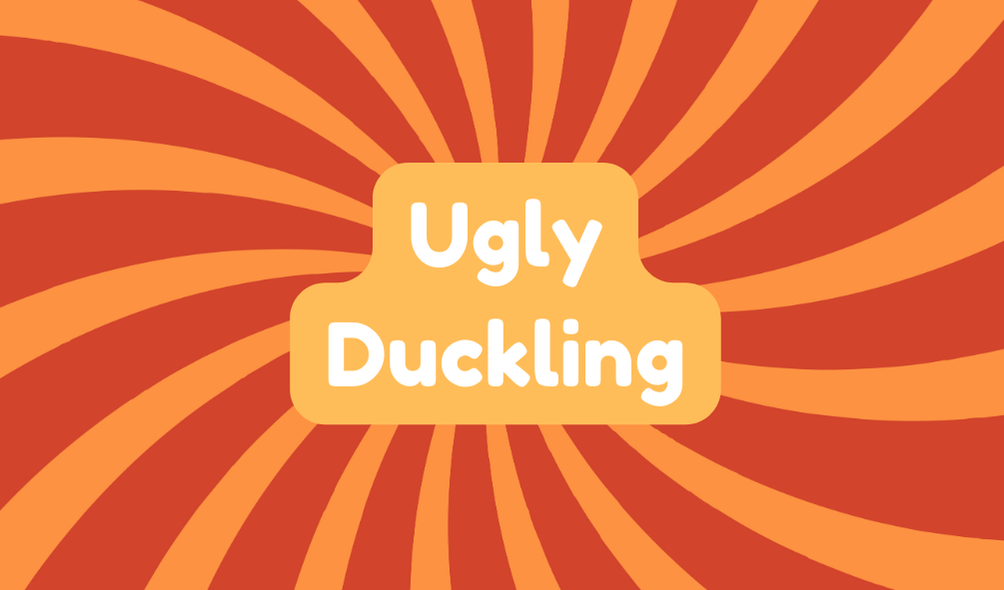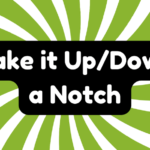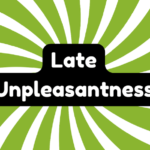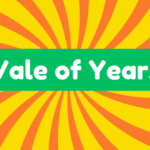The term "ugly duckling" symbolizes personal transformation, reflecting hidden potential often overlooked by society. Originating from Hans Christian Andersen's fairy tale, it tells the story of a swan facing rejection before finding acceptance. This narrative highlights how superficial assessments frequently mask true worth. Phrases like "ugly duckling story" amplify the concept, inviting discussions on identity and social perception. The tale remains relevant today, illustrating the tensions between initial rejection and eventual recognition, encouraging a closer look at individual journeys.
Synonyms
Synonyms for the term "ugly duckling" reflect a range of ideas centered on transformation and overlooked potential. These alternatives encapsulate the essence of personal growth, emphasizing metamorphosis over mere appearances.
- Hidden gem
- Late bloomer
- Caterpillar to butterfly
- Underestimated talent
Each phrase represents transformation stories, emphasizing the remarkable journeys from insignificance to prominence. While the idea of becoming a swan is poetic, it also invites skepticism about societal standards that often dictate worth. Recognizing one's potential amid adversity is essential, yet one must remain wary of superficial expectations masking true value within.
Example of Sentences
The phrase "ugly duckling" serves as a powerful metaphor in various contexts, illustrating personal transformation and the notion that initial appearances can be misleading.
- Society often overlooks true potential due to superficial assessments.
- Transformation stories reveal the layered journey of self-discovery.
- Initial societal judgments may hinder advancement but can often be overturned.
- Embracing one's unique path frequently leads to surprising outcomes.
These examples highlight how individuals may start as "ugly ducklings," only to evolve into something remarkable. Such narratives serve as reminders that appearance alone should not define capability or worth, inviting a critical lens on preconceived notions.
Origin
Originating from the beloved fairy tale by Hans Christian Andersen, "The Ugly Duckling" illustrates a powerful narrative about transformation and acceptance. This story holds significant cultural relevance, reflecting societal judgments on appearance and talent. Through personal narratives, it connects individuals who have faced similar struggles of being undervalued.
| Elements | Description |
|---|---|
| Main Character | An ugly duckling ridiculed for its looks |
| Transformation Journey | Evolves into a beautiful swan, showcasing potential |
Ultimately, the tale encourages a critical examination of beauty standards and inspires hope for those who feel overlooked in their journeys.
Collocations
Collocations play an essential role in the rich tapestry of language, particularly when discussing the concept of the "ugly duckling." Phrases often found in association with this term include "ugly duckling story," "ugly duckling transformation," and "ugly duckling syndrome." Each of these combinations not only enhances the meaning but also reflects commonly shared experiences and societal perceptions around growth and change. Additionally, the term underscores social perception and personal evolution, allowing for deeper conversations about identity and potential.
- Ugly duckling narrative
- Ugly duckling phenomenon
- Ugly duckling experience
- Ugly duckling metaphor
How to Use in Everyday Language
Using the phrase "ugly duckling" in everyday conversation can reveal insights into personal development and societal expectations. This term exemplifies the often-overlooked journey of personal growth and self-discovery. Individuals who once felt dismissed or underestimated may resonate with the transformation symbolized by the ugly duckling story. In discussions about talent or beauty, this phrase challenges superficial judgments, encouraging deeper reflection on one's potential. However, reliance on such metaphors can sometimes oversimplify complex realities. It is vital to appreciate authentic narratives rather than romanticized transformations, ensuring that personal journeys are acknowledged for their nuanced and genuine paths to success.
Why Is It Still Relevant Today?
The relevance of the "ugly duckling" narrative persists strongly in today's society, as it mirrors ongoing discussions about personal transformation and societal perceptions. Cultural references increasingly highlight the gap between initial rejection and eventual recognition, fostering personal narratives of resilience. In an age that values innovation, this tale challenges rigid beauty standards and celebrates diversity in talent. However, one must remain skeptical; the transformation isn't always guaranteed, and societal judgment can still be harsh. Acknowledging the complexities of individual journeys helps unpack the nuanced realities behind such stories, ensuring the "ugly duckling" remains a pertinent metaphor for growth and acceptance.







